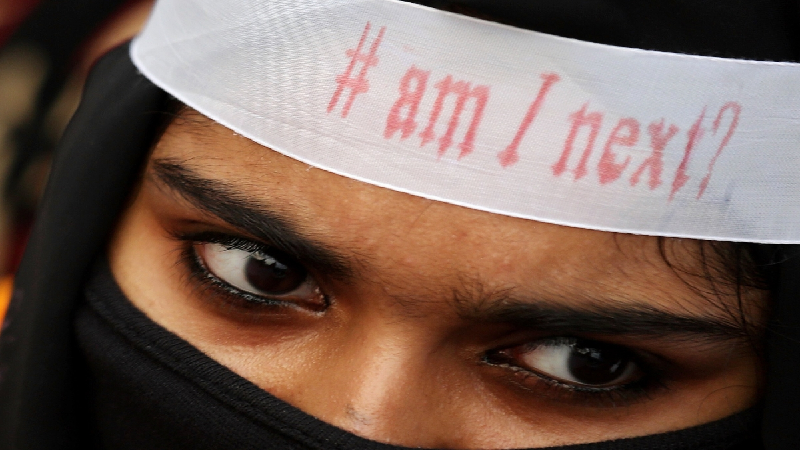The social media trend “#AmINext” which emerged as a result of the crisis of femicide and sexual violence in South Africa has gotten social media platforms abuzz. Several social media platforms have degenerated into hosts of a naming and shaming frenzy in the country, with many accusations of sexual assault and harassment being made against men by anonymous accounts. Anonymous accounts (and some others with clearly displayed identities) on social media have been seen to name the individuals they accuse, with a description of what was allegedly done to them, and at times even attach photos of the accused – irrevocably damaging the accused’s reputation and name.
These trials by social media can have serious legal consequences for all involved and might actually do more harm than good to real victims of gender-based violence. Additionally, social media vigilantism and trials can be understood as contravening the rights afforded to the accused by the South African constitution.
“Every time you like, share or are tagged in a post online that is later found to be defamatory, racist, unlawful or amounting to hate speech, it’s almost as if you are in agreement with it [the post] and associate yourself with it, and therefore you open yourself up to liability to charges such as defamation crimen injuria,” said associate at Dingley Marshall Inc, Romi Martin.
“More importantly, Section 35 of our constitution guarantees any accused person the right to a fair trial and this includes the right to be presumed innocent. What the fair trial rights requires is that the accused needs to be treated fairly from inception to completion of the criminal process and therefore the person must be considered innocent until proven guilty. It can be argued by these accused that their trial by social media influenced the mind of the court and the testimony of the witnesses and therefore violated their constitutional right.”
In the end, social media vigilantism could have the effect of acquitting perpetrators instead of having them convicted.
Martin elaborated on the risks of being a party to social media activity involving criminal accusations and explained that using profiles as a platform to share, like, tag and retweet accusations can legally implicate you.
Under South African law, the sharer of content is as liable as the creator thereof, according to Martin.
“If you are going to retweet, share, like or be tagged in a post which is defamatory, you can be held liable.”
Social media vigilantism has become more prevalent in South African society during recent times and it may be due to South Africans losing faith in – and patience with – the justice system, according to Martin.
With that said, however, she warns that people who feel confident or brave enough to make serious accusations from behind their device screens – including the so-called keyboard warriors who make accusations from anonymous accounts – can be found and held liable despite their perceived security in their anonymity.
“The so-called keyboard warriors mistakenly perceive that they are anonymous and that the law doesn’t apply to their conduct online…but as we’ve seen in many cases, this isn’t correct.”
“What the Protection from Harassment Act allows is that the court can actually order the internet service provider to provide the identity and address of the person [making the defamatory accusations] or they can order the police to do an investigation to find out the identity.”
According to Martin, innocent individuals accused of sexual violence on social media have the following legal remedies available:
– Suing for defamation
– Interdicts
– Charges of Crimen injuria
– Protection orders
In line with the Protection from Harassment Act, protection orders granted would be effective against anonymous persons through the aforementioned actions aimed at discovering the identity of the harassers.
“A person’s reputation and livelihood can be damaged in a matter of minutes and we see it more and more recently on social media…” said Martin.
“As soon as someone is accused of something, the first thing people do is google their name, find their LinkedIn profile, find out where they work and the next thing they [the accused] have lost their jobs or their house is burned down.”
Those making serious allegations on social media against innocent individuals need to be prepared to face the legal consequences.
“If you’re prepared to accuse someone of sexual violence on social media, you’re publishing a defamatory statement about them.”
VOC






 WhatsApp us
WhatsApp us 

